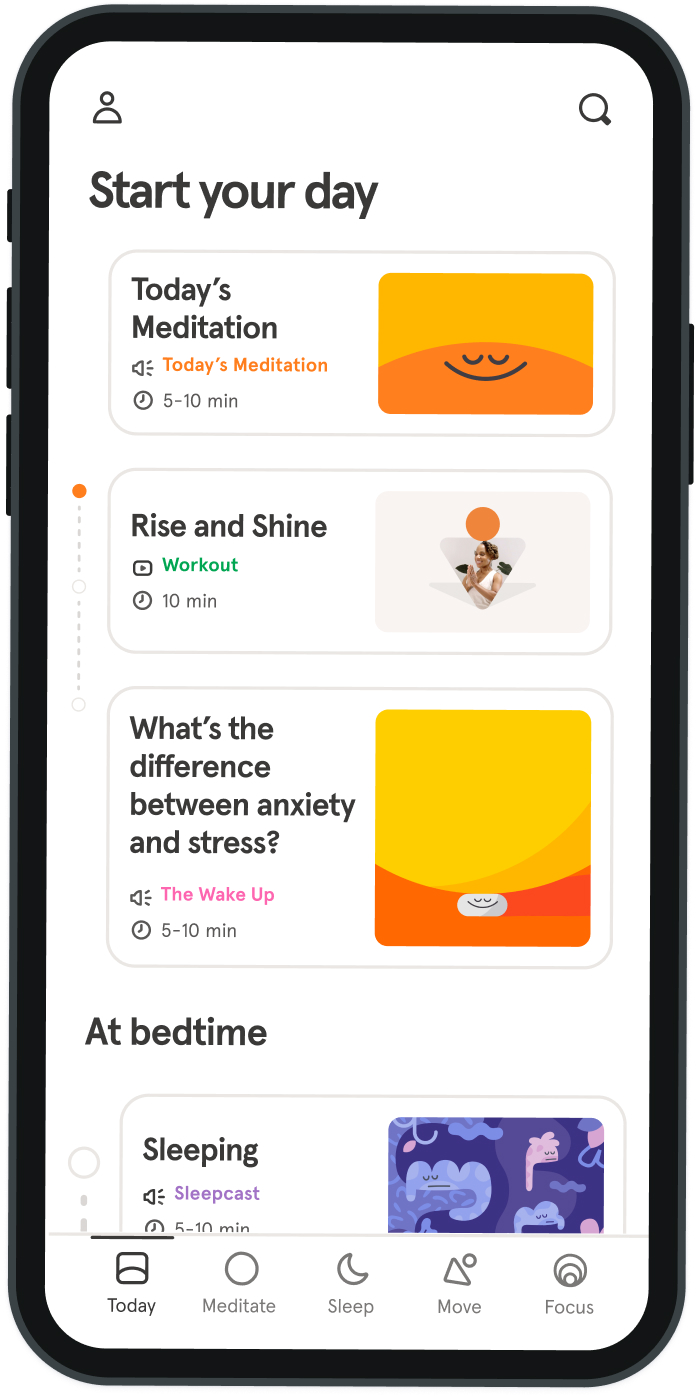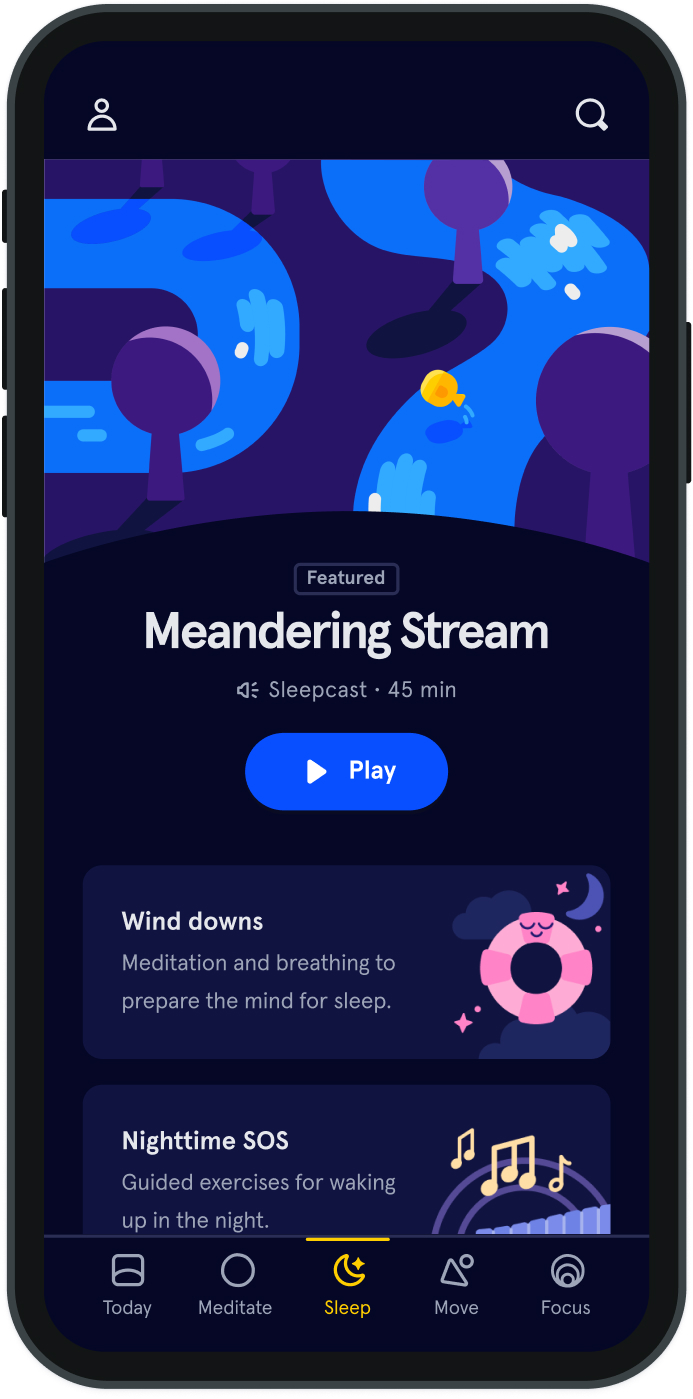A simple remedy for relationship anxiety
The concept of dating, relationships, marriage—even divorce—can evoke feelings of anxiety in many. This is a natural component of relationships with others; after all, we are sharing ourselves with somebody else, and that can make us feel vulnerable at first.
In my last post, I described how "every important relationship we have shapes our brain, which in turn shapes our very relationships." This still holds true. Now, imagine that the anxiety of one particular relationship transcends into our overall psyche, and consequently gets transferred to our other relationships. This knock-on effect can have a pretty significant impact on our happiness, making us feel a bit out of control for the most part. What’s more, the anxiety we experience in childhood (even in the womb!) can stay with us for a lifetime if we don’t take an active course in diminishing it.
To cling or not to cling
One of the more discernible ways that predict whether we fear rejection or fear intimacy is in our "attachment style," a trait rooted in our childhood that extends into our adult relationships. In psychology, there are two ends of the attachment spectrum: avoidance and anxiety. Those on the avoidance end of the spectrum tend to be very self-reliant and uncomfortable with closeness and intimacy. At the other end of the spectrum, those with high anxiety fear rejection and are more dependent on others.
For instance, someone with high attachment anxiety may think their partner will leave them on a regular basis, constantly seeking reassurance, and may even interpret their partner’s actions in a negative way. If they have a more avoidant partner (one who fears intimacy), this clinginess may cause their partner to pull further away, making the anxious person feel even more insecure. See how this could turn into a vicious cycle of anxiety?
What does this look like in the body?
In the body, increased attachment anxiety is reflected in elevated levels of cortisol, the primary stress hormone, and lower T-cells, white blood cells essential for our immunity. While every effective immune response involves activating T-cells, they are especially important in cell-mediated immunity, which is the defense against tumor cells and pathogenic organisms inside body cells.
A study showed that recently divorced women had fewer numbers of a variety of T-cells compared to married women. Even in a relatively stable relationship like a marriage, those with higher attachment anxiety also show decreased levels of immune-boosting cells and increased cortisol. So on top of increasing our stress levels, relationship anxiety can also affect our own body’s immunity against disease and infection. On the flipside, think of the positive effects that reducing relationship anxiety could have on our immunity and hormonal balance!
Finding balance
If reading this is making you frantically analyze your childhood and your current dating choices, don’t fret. While our past shapes much of our behavior, the fantastic plastic brain shows us that nothing about our behavior is set in stone. True, taking some time for self-analysis can be insightful and fruitful, but the fact is we are constantly changing and may feel more attached or less attached depending on our current partner.
The practice of meditation can help us learn about our own thoughts and behaviors, and gently, over time, lead us to a place we want to be within ourselves. What’s more, studies show that meditation is also linked to higher levels of compassion and greater immunity against cellular invaders. We are only beginning to understand the science behind relationship anxiety and the links between interpersonal relationships, stress, and health. Remember, though, that the human experience is shared experience, and that we affect each other in ways previously thought unimaginable. Meditation practice can help us find balance within ourselves so that we are better equipped to find harmony with others.

One of the more discernible ways that predict whether we fear rejection or fear intimacy is in our attachment style, a trait rooted in our childhood that extends into our adult relationships.
Dr. Claudia Aguirre
One of the more discernible ways that predict whether we fear rejection or fear intimacy is in our attachment style, a trait rooted in our childhood that extends into our adult relationships.
Dr. Claudia Aguirre


Be kind to your mind
- Access the full library of 500+ meditations on everything from stress, to resilience, to compassion
- Put your mind to bed with sleep sounds, music, and wind-down exercises
- Make mindfulness a part of your daily routine with tension-releasing workouts, relaxing yoga, Focus music playlists, and more
Meditation and mindfulness for any mind, any mood, any goal

Stay in the loop
Be the first to get updates on our latest content, special offers, and new features.
By signing up, you’re agreeing to receive marketing emails from Headspace. You can unsubscribe at any time. For more details, check out our Privacy Policy.
- © 2025 Headspace Inc.
- Terms & conditions
- Privacy policy
- Consumer Health Data
- Your privacy choices
- CA Privacy Notice
